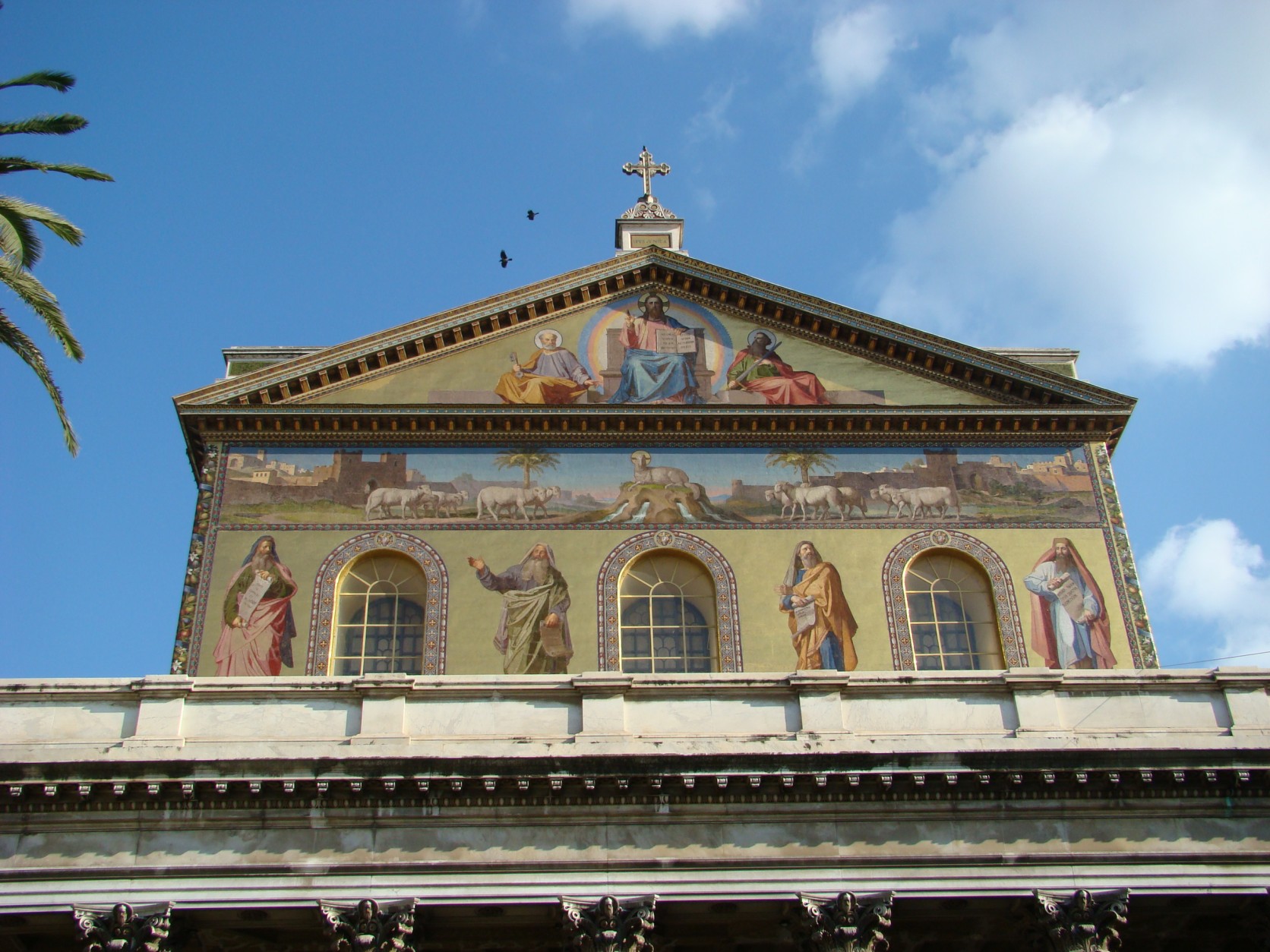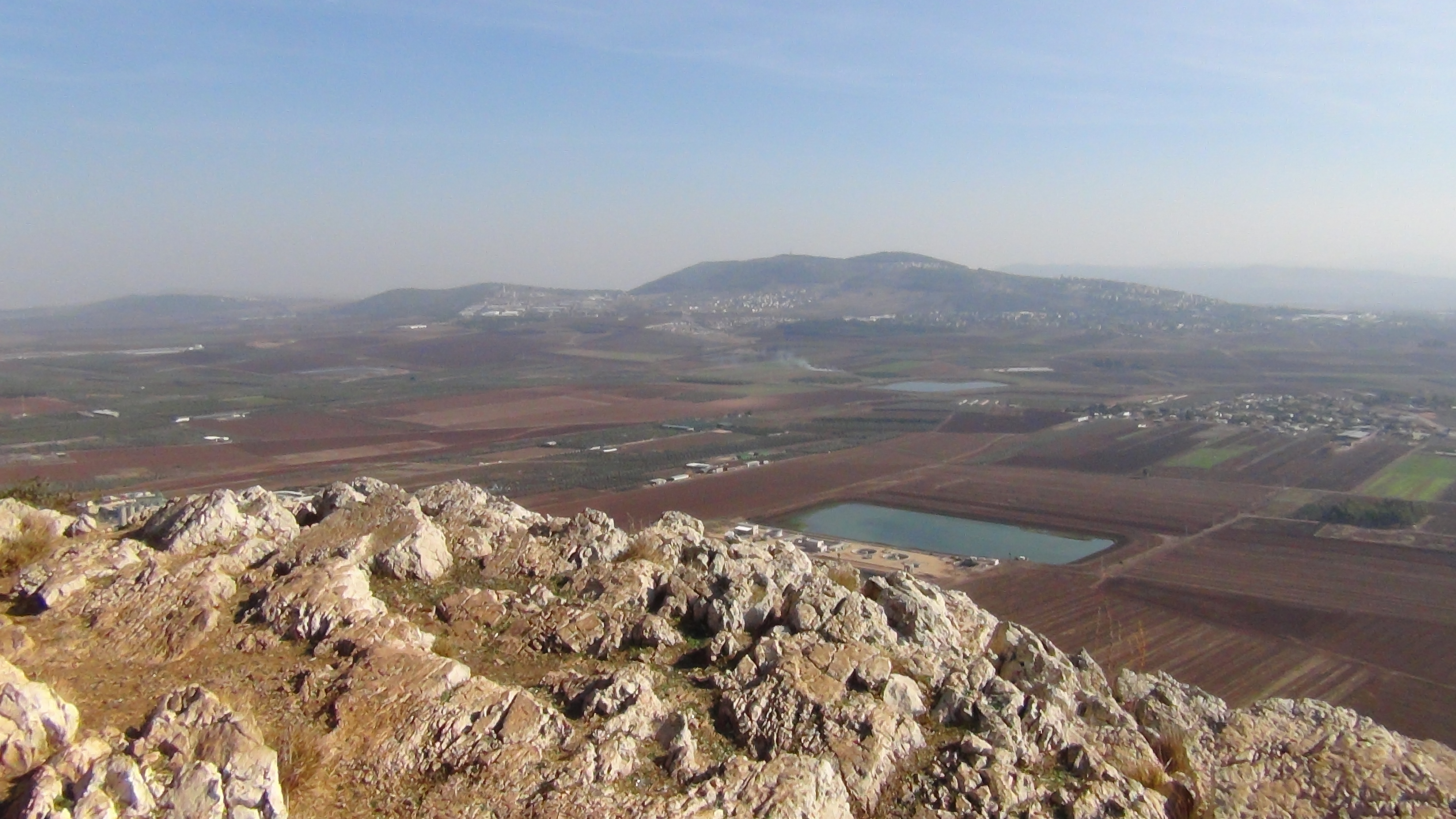Acts 22: 3-16; Ps. 117: 1bc, 2; Mk. 16: 15-18
St. Paul as Saul persecuted “this way” of Christianity to death until his conversion. Saul did not act out of his own power alone. He exercised legitimate power with the “letters” of authority from the high priest in a culture of death. He had coercive power to bind in chains all followers of the “way”. Saul had expert power “strictly educated in the ancestral law” and he had referent power as a Jew “zealous for God”. By all means he could claim righteousness in his persecution of the “way” of Christianity except he was unrighteous in error before the eyes of God.
In Saul’s conversion, Ananias reveals to him the “God of our ancestors”. This is the same God in who he believed to be acting righteously who now allowed Saul “to see the Righteous One and to hear the sound of his voice”. Saul has a complete conversion to be Paul a witness and Apostle. Paul’s new legitimate power comes from Jesus to be a witness of what he has seen and heard. Paul now in baptism has coercive power to bind in chains the spirit of demons. Paul’s expert power now is given through the power of the Holy Spirit. He also had referent power through his encounter with Jesus the Nazorean to “know his will” as the one designated as Apostle. There is power in the name of Jesus and we receive the inheritance of this power in our baptism. Saul’s conversion to Paul was a conversion from a culture of death to a culture of life.
This past week we had the annual March for Life and the Women’s March in D.C. Both stand before the righteousness of their beliefs and in opposition from each other but there can only be one righteous truth before God. One stands for life from conception to death for all the other for defense of women’s right to choose life or death for the unborn. One accepts the sacrifice of self for other and the other promotes the sacrifice of other for self. One represents actions made in the image of God while the other represents actions made in the original sin of humanity. One fulfills the ancestral law of commandment to love God and neighbor while the other fulfills the ancestral law of relativity governed by gods made by humanity. If numbers reflect any significance in history the March for Life began as a small demonstration in 1973 and has grown to hundreds of thousands. The Women’s March began in in 2017 with hundreds of thousands and has quickly dropped in attendance to the tens of thousands. The battle for rights is a war on culture and the dignity of human life as “one nation under God with liberty and justice for ALL”.
The “Way” is not about us and our righteousness. It is about Jesus who we persecute when we make it about us. Saul’s blindness made it about himself in his zealousness but God’s mercy made him blind by the light of truth to see his sin and bring him to conversion. Where does our righteousness come from “my way” or the “way” Jesus left us?







Recent Comments